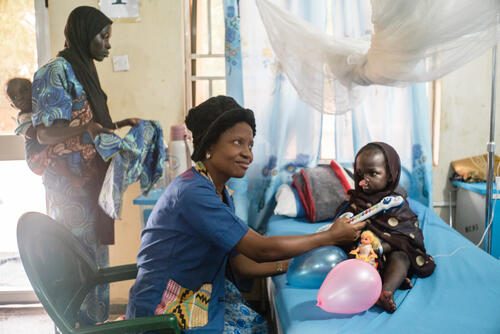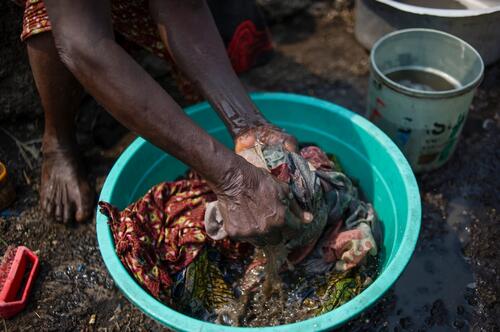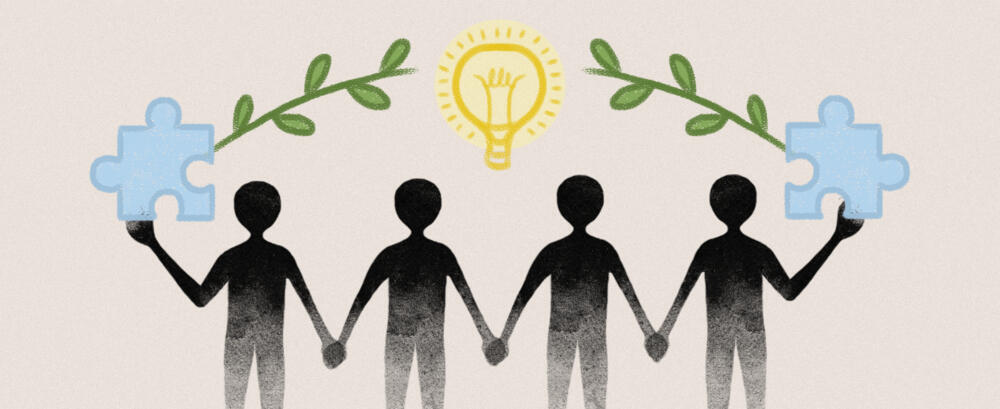Inclusive Innovation
Inclusive Innovation at Médecins Sans Frontières / Doctors Without Borders (MSF) supports staff at all levels to develop, test, and implement novel solutions to the challenges we face, with the goal of improving access to quality healthcare.
We aim to generate positive and lasting change by providing more options for MSF frontline staff to create solutions to important issues in complex situations.
More than just developing new ideas, we also aim to address systemic issues of exclusion by putting equality, diversity and inclusion at the centre of innovation opportunities.
This means valuing the unique perspectives, experiences and needs of different individuals; there are no one-size-fits-all solutions.
Inclusive Innovation (formerly known as the Sapling Nursery) is a collaboration between the innovation team at the Manson Unit in MSF UK and the MSF Sweden Innovation Unit.
How we’ll work together
We are committed to supporting MSF frontline staff through the process of innovation and the support system will accommodate the following delivery models:
Locally led – where the local MSF frontline workers formulate the approach, and headquarters-based teams provide some resources and support.
Locally owned – where the approach comes from a headquarters-based team, but there is a determined effort to transfer the ownership of the work to the local MSF frontline workers so, over time, it can transform the programme into one that is locally led.
Locally delivered – where the approach comes from a headquarters-based team, and the local MSF frontline workers implement it without having been involved in setting the priorities or the approach, and where there is no transfer of ownership.
The support available
Inclusive Innovation offers Exploratory and Implementation Support applications which provide MSF teams with training, guidance, and other valuable resources to strengthen their solutions at every stage.
Exploratory Support
Exploratory Support allows MSF teams to explore, develop and test innovative approaches in response to challenges in MSF projects.
The Inclusive Innovation team will guide MSF teams through Human-Centred Design workshops, connect them with an Innovation Facilitator, and support them in writing an application for further funding to test their idea.
Implementation Support
Implementation Support facilitates the testing, adaptation, and piloting of innovations developed using participatory approaches.
By the time an innovation reaches the implementation stage, it has already been explored, defined, and prototyped in collaboration with the communities for whom it is designed.
Examples of paediatric innovations supported
The Noma Discharge Toolkit aims to help caregivers look after their children after leaving the hospital.
Play therapy uses play to help a child, or a group of children, explore and express their emotions and process and cope with difficult experiences.
Examples of previous projects

Stories of change
How can story-telling help communities fight disease? Find out more from Kate Hughes.

Menstrual hygiene management
How do you manage menstrual hygiene in a humanitarian crisis? Chiara Domenichini attempts to solve the problem.
